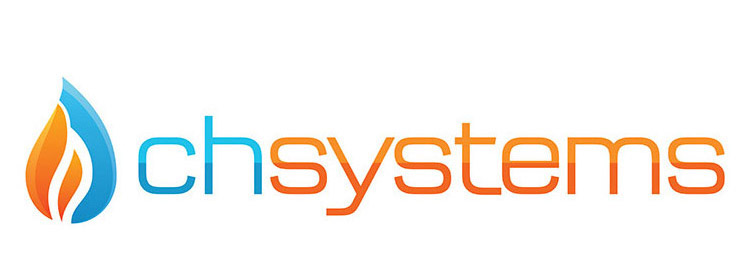Reduced energy costs might encourage remote working out of lockdown
As lockdown measures ease up a little and employees start to make their way back into the office, many businesses are choosing to continue to implement remote working strategies, having realised that they can function effectively with employees working from home.
Whether this is to become the new norm remains to be seen but what is certain is that flexible working conditions have resulted in reduced costs, including a more energy efficient business operation.
Flexible working can average small organisation can save up to £7000, according to the Carbon Trust. Cutting energy costs by 20 per cent has the same effect on the bottom line as a 5 per cent increase in sales. Research also shows that a 10 per cent reduction in one person’s office hours leads to a 15 per cent decrease in their individual carbon footprint.
The cost saving resulting from reduced energy is significant but is not the only reason that business owners are more likely to continue with flexible working conditions going forward; physical and mental health is one of the most critical considerations when deciding on remote working flexibility.
In a recent survey by Flexjobs.com, respondents said that remote work could help them reduce stress and improve productivity by: reducing distractions during the work day (75 per cent) and interruptions from colleagues (74 per cent), keeping them out of office politics (65 per cent), allowing for a quieter work environment (60 per cent), and giving them a more comfortable (52 per cent) and personalised (46 per cent) work environment. With reduced exposure to pollution and germs, employees will also be healthier, physically, and less likely to take sick days.
Companies that give employees more control over when, where, and how they work through flexible work options are supporting the health and wellness of their workers – happier employees are more productive and this enhances not only the profitability of a business but a culture of positivity at work and amongst colleagues.
For all your energy related questions, feel free to contact the CH Systems team on 0208 302 8149 or info@chsystems.cc.
Sources: Britishgas.co.uk, Employernews.co.uk and mhanational.org


